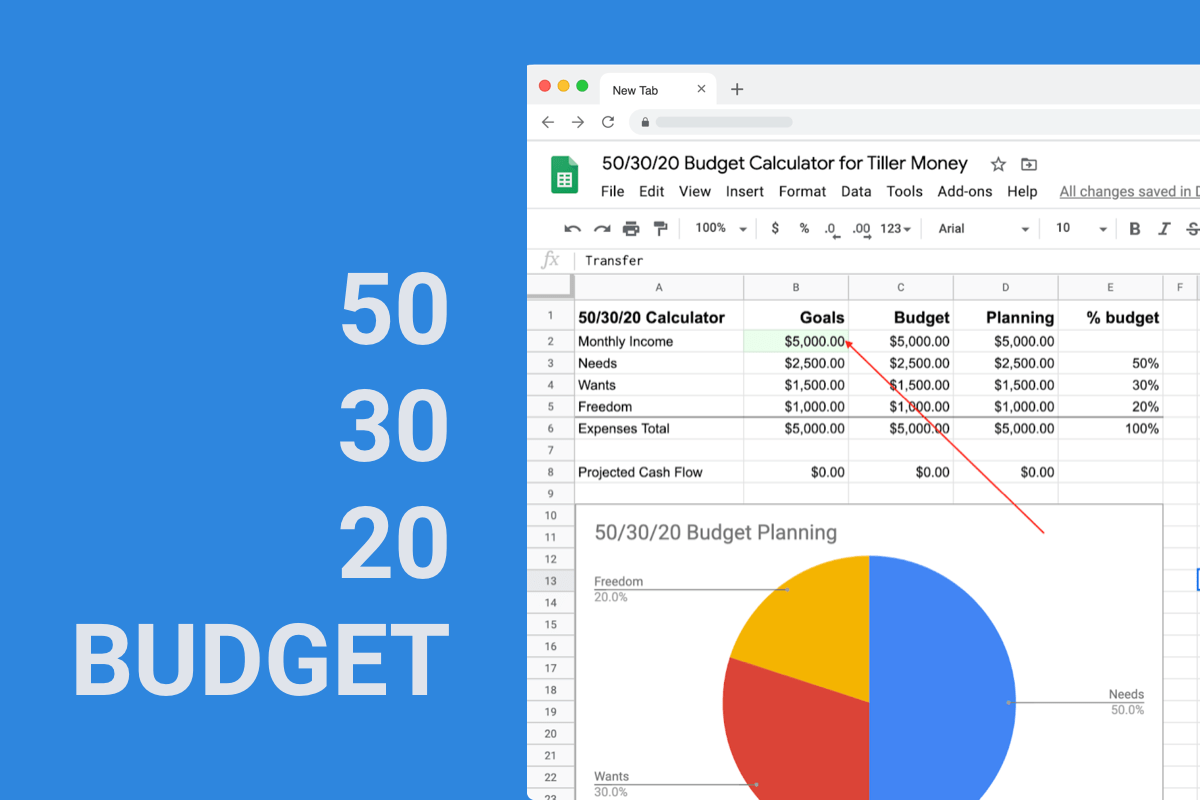Answering “Can I Buy a House?” in This Challenging Market

If you’ve been paying attention to the housing market in the U.S. at all, you’ve probably noticed that house prices have been rising at an alarming rate.
In fact, the median house price in the U.S. is increasing far faster than the median income. In this analysis by Real Estate Witch, they show that since 1965 average home values have increased by 118% while median household income increased by only 15%.
The graph below shows home value change vs income change in that time span.
So it’s no surprise that many people are finding it difficult to afford to buy a house. One rule of thumb floating around the internet is that you shouldn’t spend more than 28% of your gross monthly income on housing, but for many people that is an unrealistic goal.
And if that’s not achievable, how do we know what our own limits are?
Our Home Ownership Story
The closer I am to overspending, the more confidence I need that my budget is actually realistic.

Six years ago when my wife and I bought our first home (a two-bedroom condo), we were both working professionals with no kids and no budget to speak of.
We knew we were saving a decent percentage of our income, and we worked with a loan officer (my father-in-law, conveniently) to get his opinion on whether we could afford to buy.
After buying the condo we realized that money was a little tighter than we were expecting, so we made the decision to get serious about budgeting. That’s when we started budgeting with Tiller Money.
In retrospect, it seems crazy to me that we bought a condo without a budget, but we were in a comfortable position financially. Now, just six years later, there is no way we would be able to buy a house with that mentality.
House prices have increased to the point that what we’re looking for will push our limits of affordability.
Despite the current state of the housing market, we want to buy a house.
A two-bedroom condo is less than ideal for our family of four. So we decided to review our budget to see what it would take to make it work.
Even if we couldn’t afford to buy right away, we wanted to know exactly how close we were so we could set goals for ourselves.
Our process took three steps:
- Determine our actual income & expenses
- Figure out how much a house would cost
- Get creative to make them work together
Step 1: How much do we actually make & spend?
With Tiller, it is trivially easy to see our actual income and expenses for any given month. It takes a little bit more work to determine a realistic average monthly spending year over year, especially when trying to project that into the future.
I started a new job a few months ago, so I don’t have any idea what my pay increases will look like yet. My wife’s income includes bonuses that vary from month to month.
We also have two small children, and their expenses vary significantly from year to year. Two years ago we weren’t paying for childcare at all, now we’re paying almost $2,000/month. In a few years when they start public school, that expense will disappear (or at least drop significantly).
So step one is to figure out our current spending.
We used the Monthly Analysis, Yearly Insights, and Category Tracker templates from Tiller Community Solutions to go through each category in last year’s budget and predict what our monthly expenses for this year would be.
This is slightly different from setting a budget, because our approach toward a budget is a little more aspirational. For this we used a more conservative approach, and we would err on the side of underestimating income and overestimating expenses.
Then we copied that budget into a new spreadsheet and started trying to predict what our actuals would look like for the next five years. It looks a lot like the Categories sheet, except each column is a year instead of a month.
We guessed at how much we think our income will increase, accounted for when we will finish paying off our car, when daycare expenses change, and as many other things as we can realistically predict.
We also adjusted our housing-related categories for what we expect things to cost for a house. We decided to project out five years because we felt that one year doesn’t show enough of the variability of our future budget.
Next year’s budget might be a little tight, but we’re ok with that if things look better in future years.
After all of that, we could see easily enough what we could afford to spend. Next question: what houses can we afford?
Step 2: How much would a house cost?
I have one big piece of advice for this step: talk to a loan officer early in the process. I’ll throw in a disclaimer here that our loan officer is my father-in-law so I may be a bit biased. But really, loan officers can help so much more than a simple mortgage calculator online, and you’ll need one anyway when you get qualified for a loan.
But even before that, a loan officer can help you figure out how to make your money go as far as possible. Maybe instead of larger down payment, it would be more helpful for you to pay off some debt first. Maybe you can afford the loan but your credit score is too low, a loan officer knows the things you can do to raise it based on your specific circumstances.
They’ll be able to run the figures and tell you how big of a loan you’ll qualify for and how much you’ll have to pay each month. If you know how much you can afford to spend, they can translate that to a house price.
So now you have a house price. What houses are actually selling for that price? The internet is actually a great resource for getting an idea of what’s available. A realtor, though, has more resources than we do.
I recommend that you go to a few open houses in the areas you’re interested in and talk to the realtors showing the houses. If they do a lot of work in the area they have a great idea of what houses you could get at the price you want. Even before you’re seriously looking, it’s good to know what to expect.
Step 3: Getting creative
All of the houses we liked the first time we went through these first two steps were more expensive than we could afford. This was disappointing to say the least.
Fortunately, that isn’t the end of the story. We understood just how close we were to be able to purchase a home at this point. With this knowledge, we had a number of options to consider:
- Increase our income to account for the difference (If only it were that easy!)
- Consider a larger geographical area, where prices might be lower
- Change our requirements in a house (maybe a townhome instead of a standalone house, or a three-bedroom house instead of four)
- Tighten our budget in other areas
- Change our lifestyle dramatically to save up in the short-term (move in with parents, work a second job, etc.)
We decided that we would be ok with a townhome but we would not be ok with moving farther away. In addition, we decided to move in with my parents for a few months while we look for a home to buy.
Our loan officer also suggested that we use some of the money we get from selling our condo to pay off our remaining student loan debt.
It means our down payment on the next place will be smaller, but the increase to our monthly mortgage payment is significantly less than what our loan payment would have been. So we see a net decrease in monthly costs.
Results
Unfortunately, I can’t tell you the rest of our story yet. As I’m writing this, we’re living with my parents and actively searching for a house.
But thanks to Tiller and the process I’ve outlined above, I’m confident we can find and afford a great home for our family. And so can you!
Even if you don’t think you can afford a house now, going through the first two steps is a great way to set realistic goals for your future.















You must be logged in to post a comment.